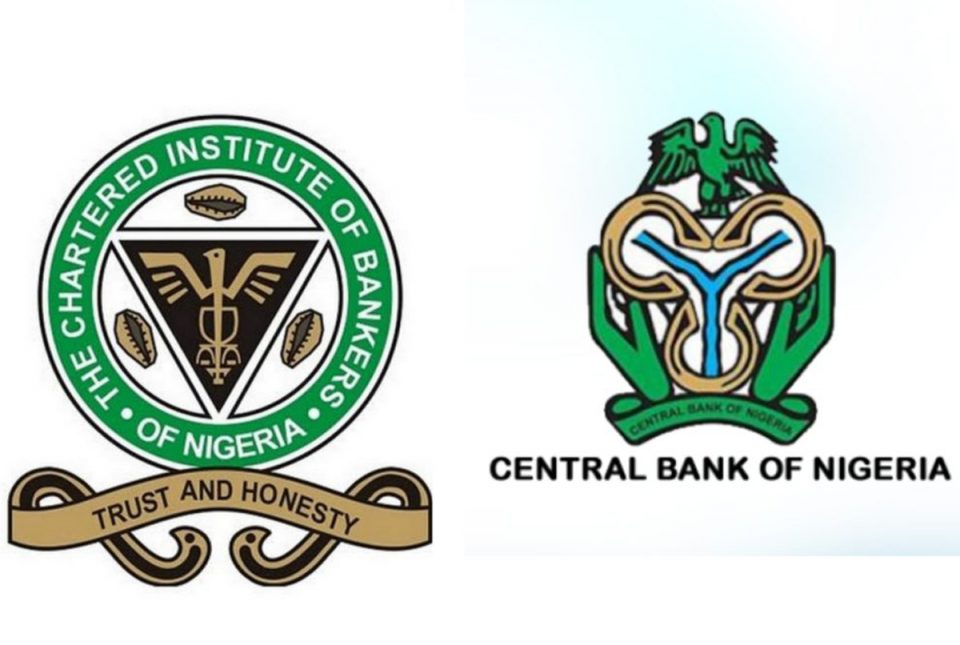Banks recover N50.32m NPLs in nine days
The Chartered Institute of Bankers of Nigeria (CIBN), has called on banks’ customers and stakeholders in the banking industry to adopt the Global Standing Instruction (GSI) Policy for Non-Performing Loans (NPLs), recently instituted by the Central Bank of Nigeria (CBN).
According to the institution, the new policy will not only enhance the loan recovery processes and boost financial system stability, but will also promote Nigeria’s economic prosperity.
Speaking during a virtual meeting, organised by the Centre for Financial Studies (CFS) of CIBN on Tuesday, President and Chairman of Council, Bayo Olugbemi, said bad loans have a long-standing issue in Nigeria’s banking sector, noting that GSI represents a new dawn in the credit management and debt recovery processes.
According to him, Banks can only survive when borrowers pay their loans and make funds available to lenders to service other customers, noting that the GSI will also promote shared prosperity, and help lift more people out of poverty.
Speaking on the theme, “Non-Performing Loans and The Global Standing Instruction (GSI) Policy: Impact & Insights for Financial
Stability,” Olugbemi, argued that NPL issues and particularly those by unrepentant debtors would be more efficiently resolved as a result of this policy.
In his remarks, Director, Financial Policy and Regulation, CBN, Kevin Amugo, said banks have recovered about N50.32 million bad loans from debtors within nine days of the commencement of the GSI policy.
He added that the value could have been higher, but for the fact that the CBN was still working on the GSI protocol for non-individual debtors, which means the recovery was made from individual loan defaulters, noting that other financial institutions would be brought onboard the GSI platforms soon.
According to Amugo, data from the CBN showed that NPLs in banks were higher during the economic downturn, and as the figures rose, the instability in the sector worsened.
He said between 2015 and 2017, when the country experienced a sharp drop in crude oil prices and currency crisis as a result of the drop in foreign exchange inflows, the NPLs rose sharply from five per cent to 15 per cent.
Commenting, Managing Director and Chief Executive Officer, First Bank Nigeria, Adesola Adeduntan, represented by the bank’s Chief Risk Officer, Olusegun Alebiosu, described the GSI as a welcome development, as a coordinated approach is needed in the industry to address the issue of NPLs.
In her remarks, National President, Nigerian Association of Chambers of Commerce, Industry, Mines and Agriculture (NACCIMA), SaratuIya-Aliyu, represented by Margaret Orakwusi, said to discourage loan default and high NPLs, banks should reduce the interest rate.
Meanwhile the CBN had recently put the total gross credit for various transactions in Nigeria at N18.90 trillion at end-June, a N3.33 trillion jump above the N15.56 trillion recorded at end-May 2019.
These credits were largely recorded in manufacturing, consumer credit, general commerce, and information and communication and agriculture, which are productive sectors of the economy.
According to a CBN report, the rise in interest rate reflected the liquidity condition in the system, noting that the inflation rate of 12.26 per cent for March 2020, resulted in negative real rates for deposits, but positive real rates for the prime and maximum lending rates.
Besides, bank customers paid between 15.01 per cent and 30.70 per cent for borrowed funds, while interest paid on their term deposits dropped by 1.46 percentage points to 6.27 per cent, the CBN’s Economic Report for the first quarter (Q1) of 2020 showed.




